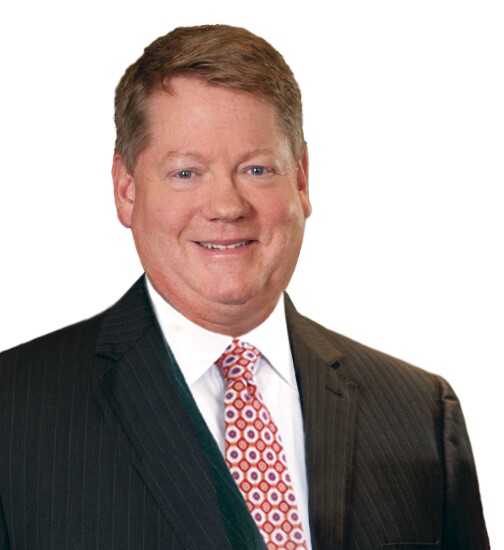Leaders of smaller regional banks are both optimistic and apprehensive about the future, and those mixed emotions were on display during fourth-quarter earnings calls.
Lower rates are pinching net interest margins and loan growth is slowing. Competition, from banks and nonbanks, is intensifying, and some lenders reported higher loan-loss provisions that reflected their exposure in certain loan categories.
Columbia Banking System is paying close attention to one of its markets after the closing of a Boeing plant. Cadence Bancorp. and Texas Capital Bancshares, for instance, are looking at ways to reduce their exposure to leveraged loans, while Umpqua Holdings is continuing to shutter branches in an effort to become more efficient. The energy sector also remains an area to watch in coming months.
Other banks discussed their plans to expand in 2020. Sterling Bancorp touted the progress it is making with its digital bank, while New York Community Bancorp said it is still committed to finding the perfect bank acquisition. More bankers across the Southeast are talking about their interest in hiring lenders in the wake of several large mergers.
Here's what leaders of several banks with $10 billion to $60 billion of assets had to say about the year ahead.













